Cognitive Processing Therapy (CPT)
Cognitive Processing Therapy (CPT) is an individual or group therapy for PTSD in which you will learn ways to evaluate and change upsetting thoughts about your trauma.
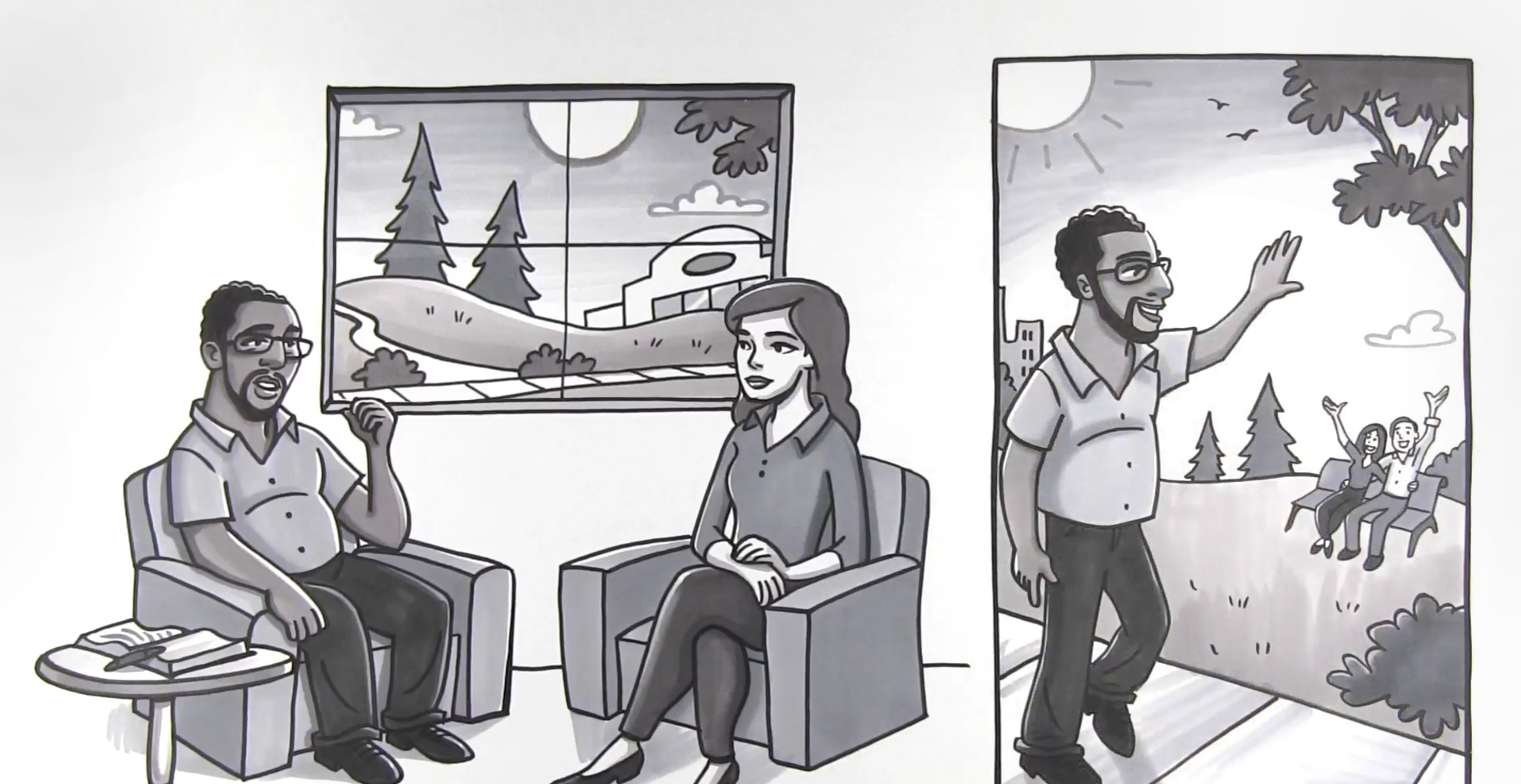
Cognitive Processing Therapy
2:40
How does it work?
Trauma can change the way you think about yourself and the world.
You may believe you are to blame for what happened or that the world is a
dangerous place. These kinds of thoughts keep you stuck in your PTSD and
cause you to miss out on things you used to enjoy.
In CPT, you will learn skills that can help you decide whether there are
more helpful ways to think about your trauma. You will learn how to
examine whether the facts support your thought or do not support your
thought. And ultimately, you can decide whether or not it makes sense to
take a new perspective.
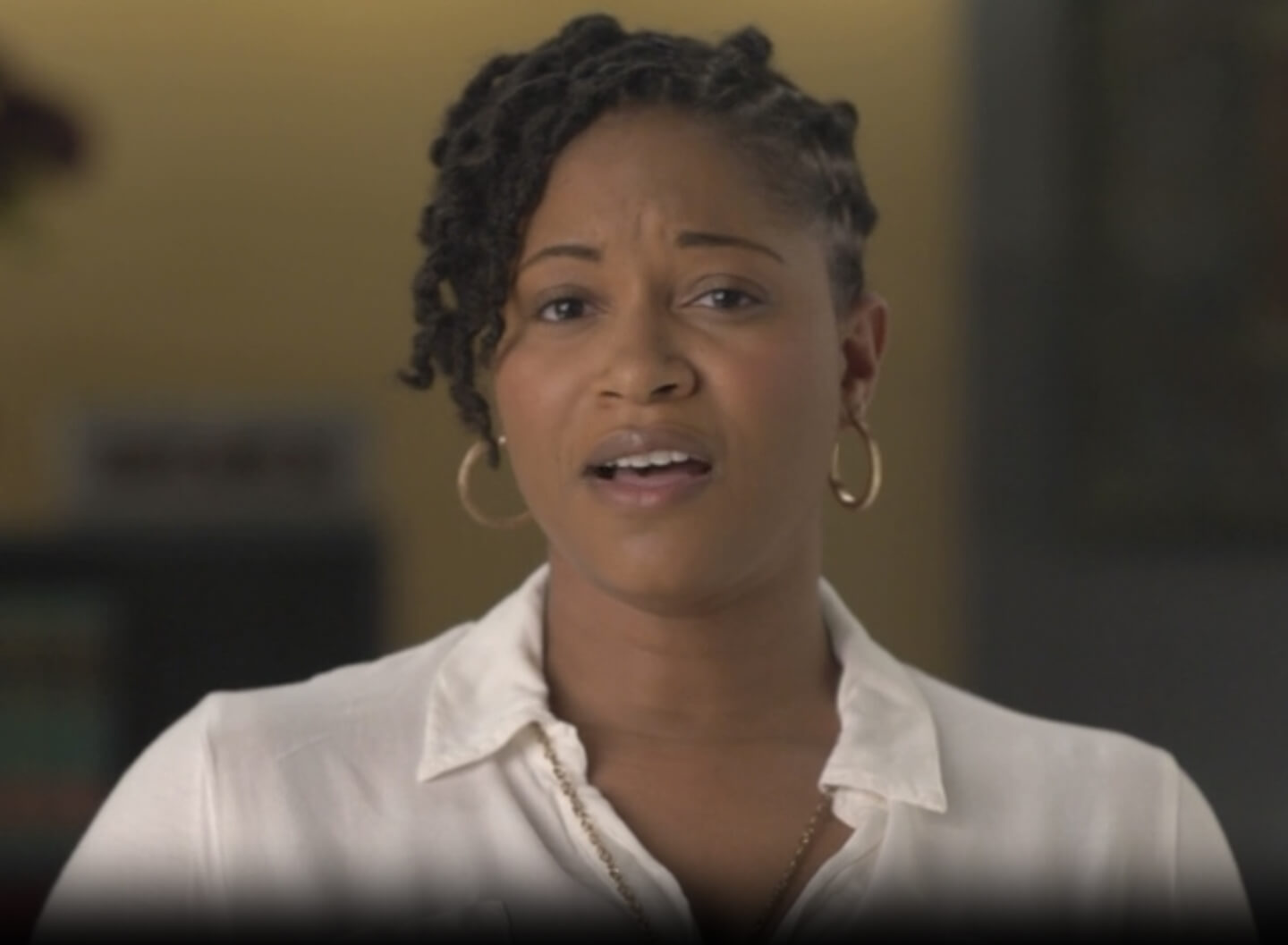
Cognitive Processing Therapy (CPT): How does it work?
What can I expect?
Your clinician will give you an overview of PTSD and the treatment.
Your clinician will probably ask about the type of trauma you experienced,
but you will not need to go into great detail right away. Your clinician will
ask you to write about how the trauma has affected you.
Over the next several sessions, you will talk about any negative or unhelpful
thoughts you have been having about the trauma, and you will work together to
consider other ways of thinking about the situation. You will use worksheets
in session and at home that help you learn this strategy.
CPT can also include writing about the details of the trauma if you decide
with your therapist that it would be helpful. This may sound difficult at
first, but you may be more able to cope with emotions like anger, sadness,
and guilt by talking them over with your therapist.
Toward the end of therapy, you and your therapist will focus on some specific
areas of your life that may have been affected by the trauma, including your
sense of safety, trust, control, self-esteem, and intimacy.
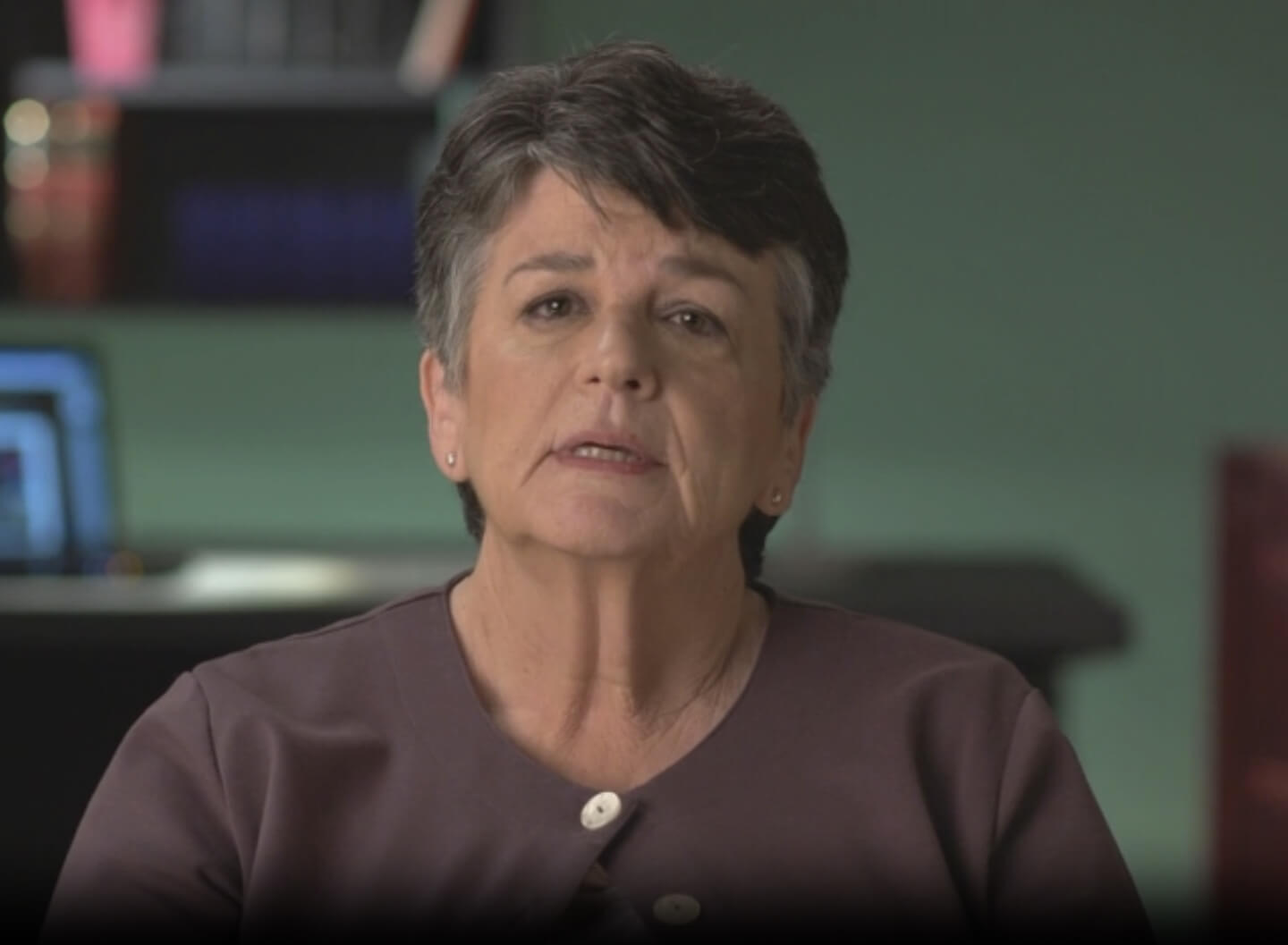
Cognitive Processing Therapy (CPT): What can I expect?
Cognitive Processing Therapy (CPT) Treatment Overview
Open this PDF for download and printing
Is it effective?
Yes, CPT is one of the most effective types of treatment for PTSD.
57 out of every 100 people who receive CPT, PE, or EMDR will have meaningful symptom improvement after about three months. *
For every 100 people with PTSD who do not receive treatment, 8 will have meaningful symptom improvement after about three months. will have meaningful symptom improvement after about three months. **

Cognitive Processing Therapy (CPT): Is it effective?
How long will treatment take?
CPT usually takes 12 weekly sessions, so treatment lasts about 3 months. Sessions are 60 minutes each for individuals or 90 minutes each for a group. You may start to feel better after a few sessions. And the benefits of CPT often last long after your final session with your clinician.
What are the risks?
The risks of doing CPT are mild to moderate discomfort when talking or writing about trauma-related memories or beliefs. These feelings are usually brief, and people tend to feel better as they keep doing CPT. Most people who complete CPT find that the benefits outweigh any initial discomfort.
Group or individual?
CPT can be done individually, where you meet one-to-one with a clinician. CPT also can be done in a group with one or two clinicians and about 6–10 other people who also have PTSD.
Will I talk in detail about my trauma?
In CPT, you will write and talk about your thoughts about why the trauma happened and how it has affected you. As you talk this through with your clinician, you will often discuss what happened and how it changed your thoughts. At around the third session, you will have the option—working with your clinician—of writing the story of your trauma in detail. If you choose this option, you will write it at home, read it over to yourself, and also read it out loud in your next session.
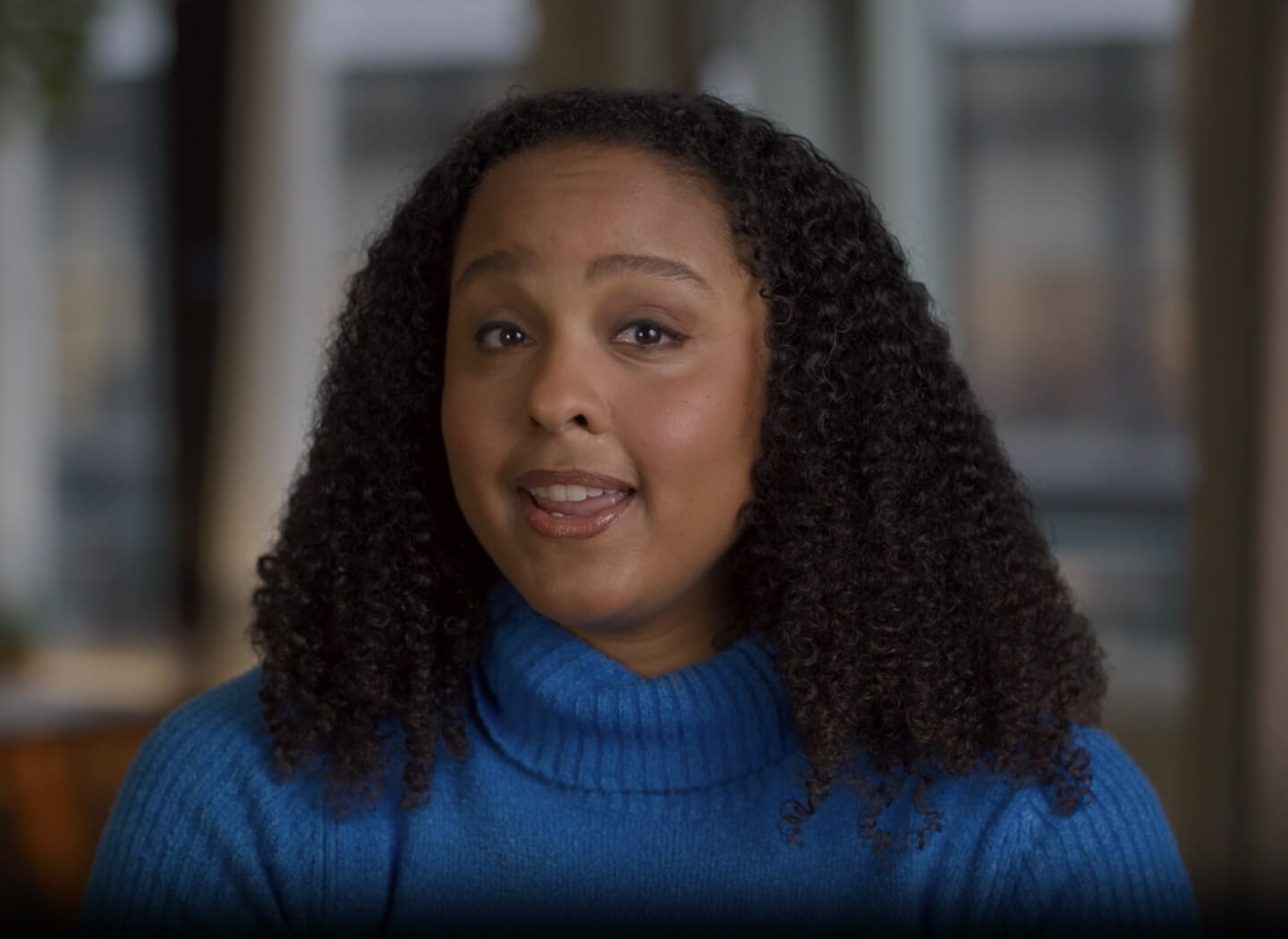
Cognitive Processing Therapy (CPT): Will I need to talk about my trauma?
Will I have homework?
Yes, you will do some writing and will complete worksheets between sessions. Take-home worksheets help you practice in real life the skills you learn in the therapist’s office. Most people find that the more effort and energy they put into these assignments, the more they get out of CPT.
How available is this in VA?
High. Almost all VA Medical Centers offer CPT in their specialized PTSD programs. Smaller VA facilities that do not offer CPT may be able to use videoconferencing to have you receive CPT from a clinician at another location.
Does VA have an app for that?
Yes, CPT Coach is a mobile app that you can use with a clinician during CPT. CPT Coach can help you to learn more about CPT and PTSD symptoms and helps you stay organized with worksheets as you complete CPT. CPT Coach is free and can be downloaded on most mobile devices. After your initial download, you will not be required to use any of your personal minutes or data to use the app. This app does not share any information with the VA or your clinician. It is up to you if you want to show your clinician your information. Click here to see a demo of the app.
More from clinicians
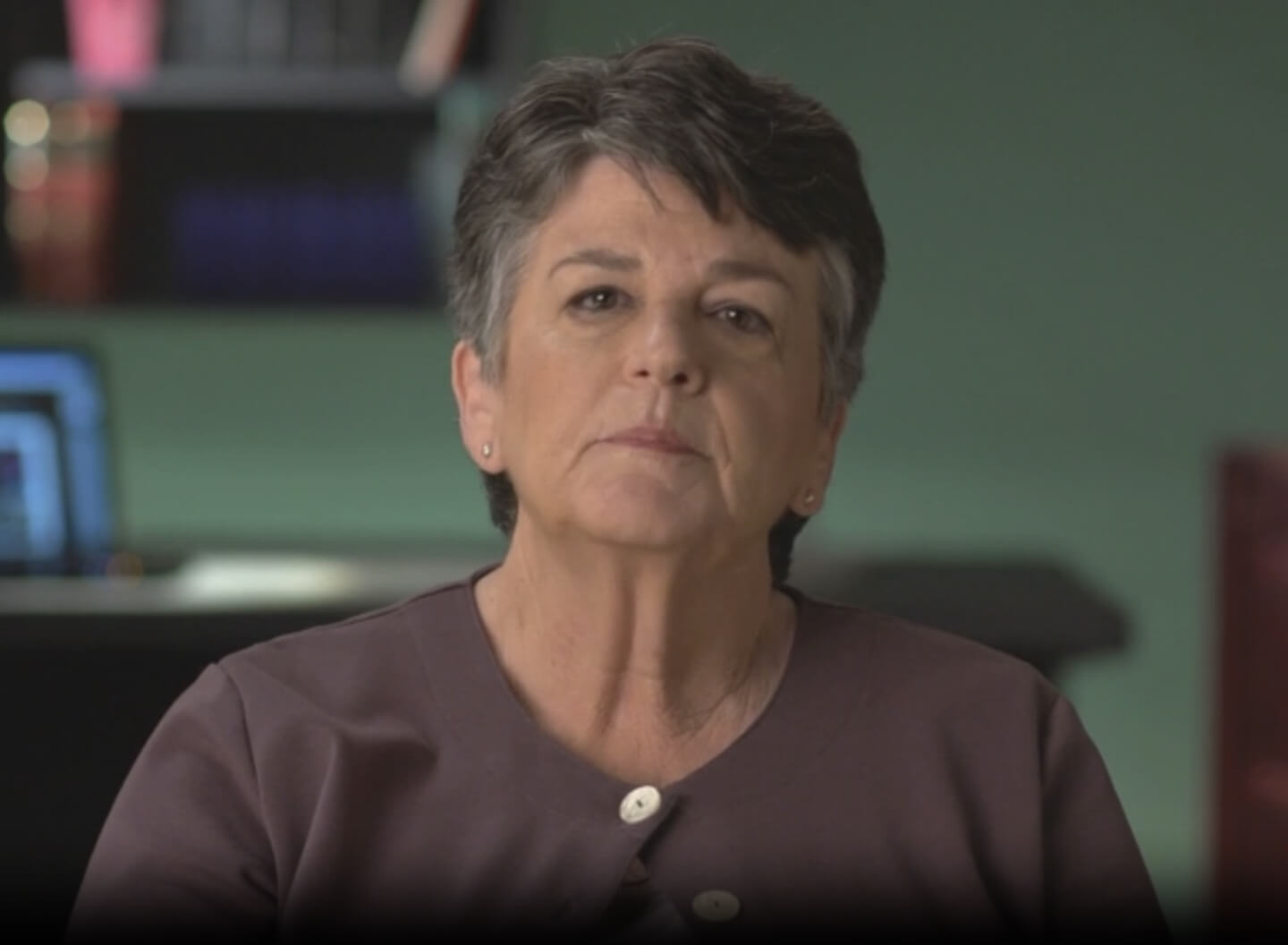
Cognitive Processing Therapy (CPT): Listen to how a person was helped
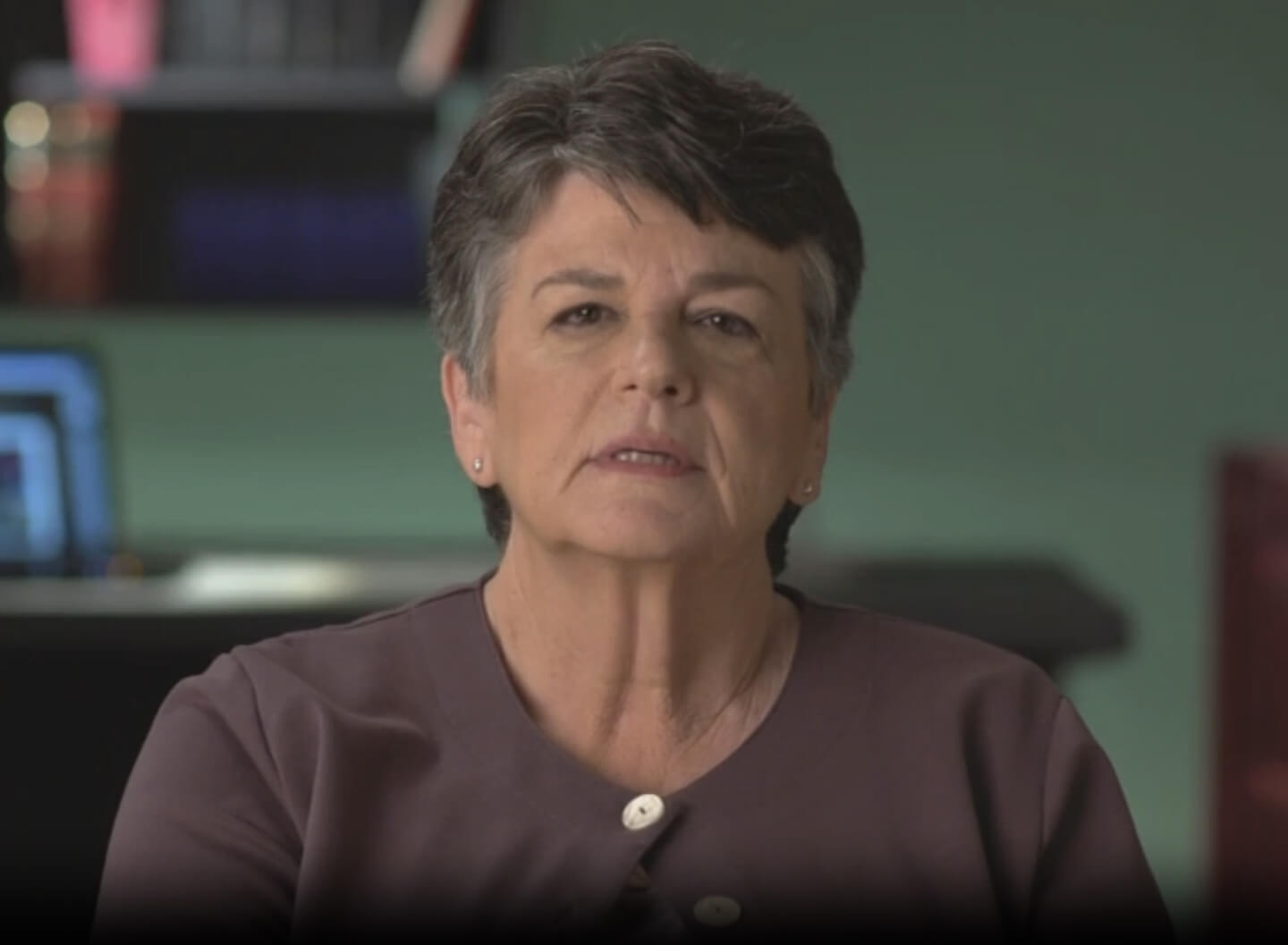
Cognitive Processing Therapy (CPT): Do I need to be a good writer?
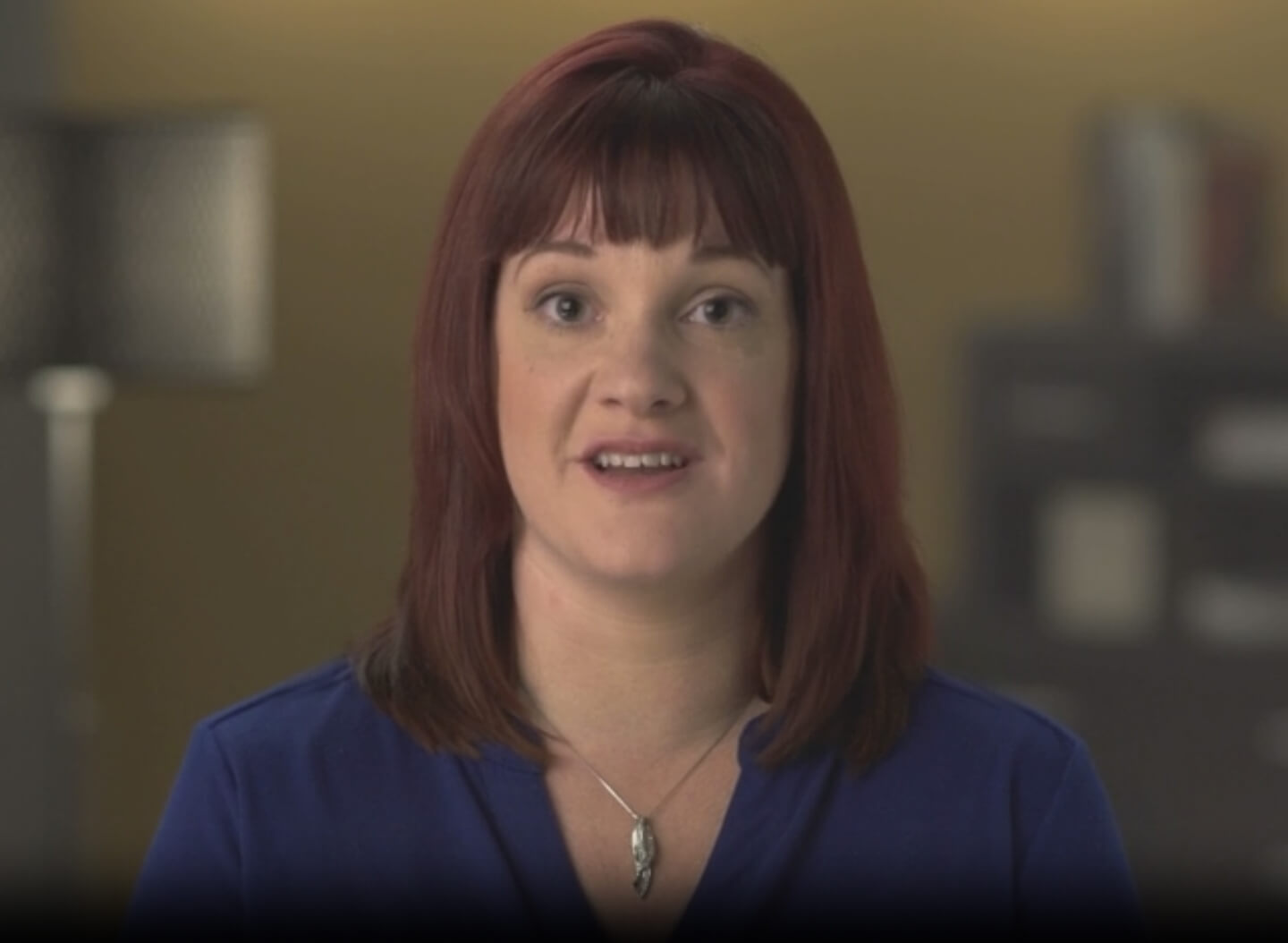
Cognitive Processing Therapy (CPT): What if I don't want to talk about my trauma?

Cognitive Processing Therapy (CPT): What types of thoughts will we talk about in CPT?
Footnotes and list of studies
* What do these figures mean?
The yellow figures represent the number of people who will have a meaningful improvement in symptoms. This was measured by seeing how many people no longer have enough symptoms to meet criteria for PTSD. They may still have some PTSD symptoms, but in most cases these symptoms will be manageable and will not occur very often. When someone no longer meets criteria for PTSD, they usually will notice a big difference in their ability to engage in and enjoy life.
The blue figures represent the number of people who will not recover from PTSD, meaning that they will still have enough symptoms to meet criteria for PTSD. Some of these people will notice an improvement in their symptoms, but they will still have PTSD.
** How did we calculate this number?
To see how helpful treatments are, the PTSD Treatment Decision Aid shows how many people improved after getting a treatment. If people improve enough that their symptoms no longer meet criteria for a diagnosis of PTSD, this is called “loss of diagnosis.” To estimate how many people would have a loss of diagnosis after each treatment, we gathered data from studies of the treatments included in the PTSD Treatment Decision Aid. We only included studies that were large, compared the treatment to another treatment, and used clinicians to assess whether patients had PTSD. We included only those studies that reported how many people lost a diagnosis.
Some of the studies included comparison groups who did not receive treatment. We used data from those groups to estimate how many people lost their diagnosis without treatment.


